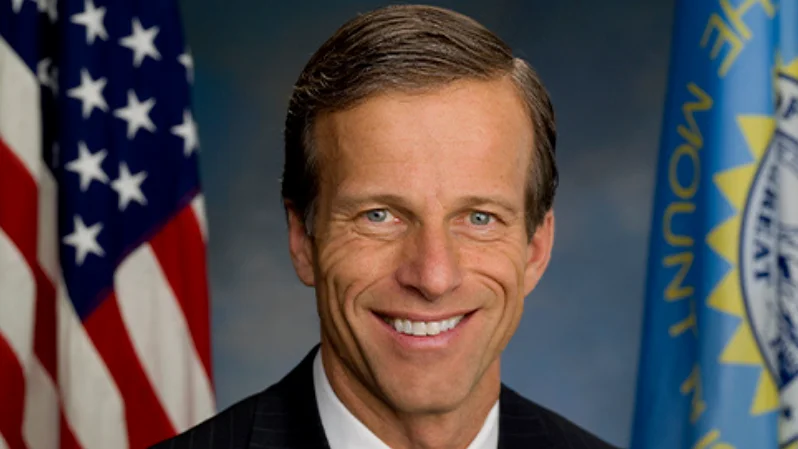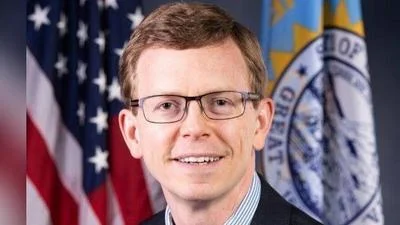Senator John Thune, US Senator for South Dakota | Official U.S. Senate headshot
Senator John Thune, US Senator for South Dakota | Official U.S. Senate headshot
U.S. Senate Majority Leader John Thune (R-S.D.) addressed the Senate on recent progress and ongoing challenges in passing appropriations bills and confirming presidential nominees.
Thune reported that the Senate reached an agreement with Democrats on an appropriations package, resulting in the passage of three fiscal year 2026 appropriations bills: Military Construction and Veterans Affairs, Legislative Branch, and Agriculture. He described this as a positive development compared to the previous year when no appropriations bills were brought to the floor for a vote despite bipartisan committee support.
He expressed appreciation for several senators involved in the process, including Appropriations Committee Chair Collins and Senators Hoeven, Boozman, Mullin, and Moran. Thune noted that eight out of twelve fiscal year 2026 appropriations bills have now been reported out of committee.
“It is good, Mr. President, to have the Senate back on a regular-order track on appropriations, and I will continue to work for a regular order process as we continue. And I hope that Democrats will join us in that effort,” Thune said.
Thune criticized what he described as threats from Democratic leadership regarding potential government shutdowns. “It was disturbing to hear the Democrat leader threaten to shut down the government in his July 8 Dear Colleague letter. And I hope, Mr. President – I really hope – that Democrats will not embrace that position but will continue to work with Republicans to fund the government,” he stated.
Turning to nominations, Thune said there has been no agreement on a nominations package due to what he called historic obstruction by Democrats. He cited past bipartisan cooperation in confirming presidential nominees quickly but argued that current practices are different.
“‘But it does mean when nominees are held up, opposed, or blocked—it’s for a legitimate purpose, not for leverage in partisan games, to score political points at the expense of public safety.’ Now, interestingly enough, Mr. President, those last lines aren’t mine. Those are the words of the Democrat leader just three short years ago,” Thune said.
He presented historical data showing high rates of nominee confirmations by voice vote or unanimous consent under previous administrations—98 percent under George H.W. Bush and Bill Clinton; 90 percent under George W. Bush and Barack Obama—but said these rates dropped during Donald Trump’s first term (65 percent) and further during Joe Biden’s administration (57 percent). According to Thune, so far in Trump’s current term there have been no confirmations by voice vote or unanimous consent.
“And so you cannot, under any circumstance, defend that … And these numbers are not moving in the right direction,” he said.
Thune urged Democrats to cooperate on confirming nominees who already have bipartisan support and warned about record hours spent in session due to delays.
“It’s time for that to change, Mr. President, and we’re not asking a lot. We’re just simply saying, treat this president, at least on some level, in the way that previous presidents…have been treated in the past by both Republican and Democrat Senates.”


 Alerts Sign-up
Alerts Sign-up